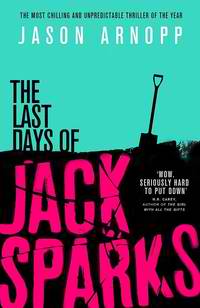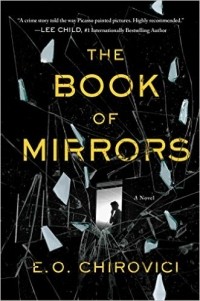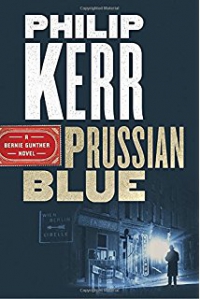The Weight of Him by Ethel Rohan
 Wednesday, April 26, 2017 at 9:51AM
Wednesday, April 26, 2017 at 9:51AM 
Published by St. Martin's Press on February 14, 2017
The Weight of Him takes on two social issues: teen suicide and obesity. It doesn’t quite do justice to either of them, but the effort is sincere and well intended.
Billy and Tricia Brennan recently lost their 17-year-old son Michael to suicide. As Billy drifts through his days, awash in memories, he feels he is killing himself — “not nearly as swiftly or brutally as Michael, but killing himself just the same.”
Billy is morbidly obese (just topping 400 pounds) and finally feels a need to get serious about losing weight. More than that, he wants to turn his diet into a fundraiser and couple it with a march to call attention to the problem of teenage suicide. He wants people to sponsor his weight loss so he can donate the proceeds to a teen suicide hotline.
Tricia feels that a small Irish village is no place for a march (that’s just not the way they do things) and she doesn’t want the attention. Their three surviving children are split — their daughter fancies the idea, their rebellious son opposes it, and their other son is characteristically indifferent. Billy’s parents are against it — they think he’s glorifying obesity and suicide, when both should be a source of shame — as is the father of another teen suicide victim who doesn’t want to be reminded of his loss. Billy’s sister opposes the plan for the more practical reason that rapid weight loss (Billy wants to drop 200 pounds) isn’t healthy.
The silence that surrounds teen suicide (at least in Ireland), the refusal to engage the problem, is the novel’s strongest theme. The novel’s weakness is that it tries to do too much, loading several different family issues on top of the suicide and weight loss themes. The novel loses momentum when it veers away from Billy’s quest and addresses his mother’s illness or the swimming lessons he gives his son. Billy’s constant battle with self-doubt could also have been handled with more subtlety.
Parts of the novel are touching, as a reader would expect from a novel about loss. Ethel Rohan’s portrayal of the family’s emotions, particularly as they attend a coroner’s inquest, is convincing. Tricia is unsupportive to the point of cruelty, but that’s also convincing, given that most marriages don’t survive the loss of a child.
The novel suffers from redundancy (Billy, in particular, voices the same thoughts over and over, in much the same way) and it’s too determinedly “feel good” for my taste, although readers searching for a feel-good story will find one here. Teen suicide and obesity are both complex issues, but the story is a bit shallow. The Weight of Him earns my recommendation because the story’s strengths outweigh its weaknesses, and because it has something important to say, but I wouldn’t recommend the novel for anyone seeking a deep understanding of the issues it addresses.
RECOMMENDED



